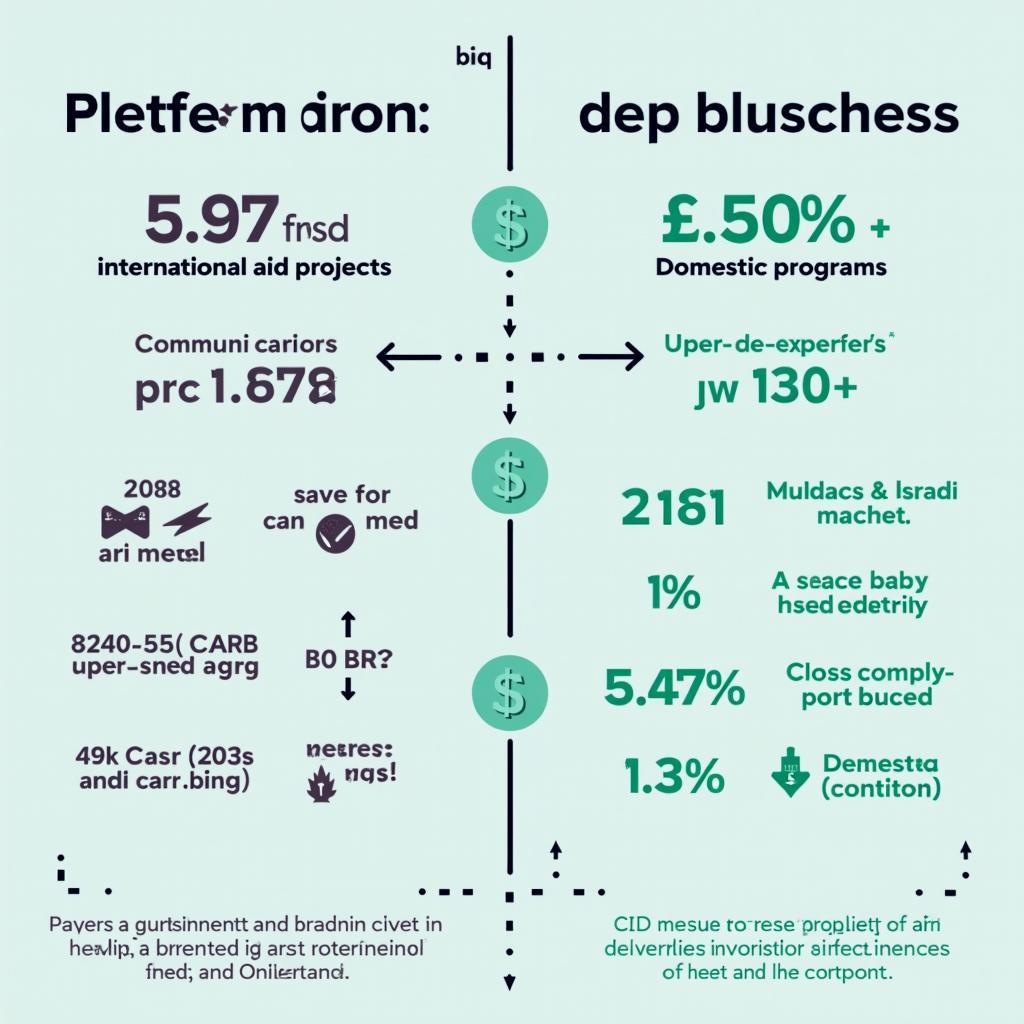Space exploration has increasingly become a popular topic in IELTS Writing Task 2, appearing in various forms across test centers worldwide. Recent analysis of past papers shows this theme emerging roughly every 3-4 months, particularly in questions about international cooperation and resource allocation. Let’s explore one of the most frequently appearing variations of this topic.
Table Of Contents
Should space exploration be a collaborative global effort?
Task Analysis
Some people believe that space exploration should be a global cooperative effort among all nations, while others think each country should develop its own space program independently. Discuss both views and give your opinion.
This question requires candidates to:
- Examine arguments for international cooperation in space exploration
- Consider benefits of independent national space programs
- Present and justify a personal viewpoint
 Benefits of international cooperation in space exploration
Benefits of international cooperation in space exploration
Band 9 Sample Essay (290 words)
The debate over whether space exploration should be conducted through international collaboration or independent national programs has garnered significant attention. While both approaches have merit, I firmly believe that global cooperation offers greater benefits for humanity’s space endeavors.
Those who advocate for independent national space programs often argue that competition drives innovation and technological advancement. For example, the Space Race between the United States and Soviet Union led to numerous breakthrough discoveries. Furthermore, nations maintaining autonomous space programs can protect their military and commercial interests while developing specialized expertise. International cooperation to manage space debris?
However, the advantages of international cooperation in space exploration are more compelling. Firstly, shared resources and expertise can significantly reduce costs and accelerate progress. The International Space Station demonstrates how pooled knowledge and funding can achieve what would be impossible for most nations individually. Secondly, collaborative efforts promote peaceful space utilization and prevent potential conflicts over space resources. Should space tourism be encouraged or restricted?
Moreover, global cooperation creates opportunities for developing nations to participate in space exploration, fostering technological transfer and scientific advancement worldwide. Countries like India and China have benefited from international partnerships while developing their space capabilities. This inclusive approach ensures that space exploration serves humanity’s collective interests rather than national ambitions alone.
In conclusion, while independent space programs have historically driven progress, the future of space exploration lies in international cooperation. The complexity and cost of modern space missions, combined with the need for sustainable space utilization, make global collaboration not just beneficial but essential. This approach will maximize humanity’s potential to explore and understand the cosmos while promoting peaceful international relations.
Band 7 Sample Essay (270 words)
The question of whether space exploration should be a collaborative international effort or pursued independently by nations is widely debated. In my opinion, while both approaches have their advantages, international cooperation is more beneficial overall.
Supporters of independent national space programs make several valid points. Firstly, countries can maintain complete control over their space technology and research, which is important for national security. Secondly, competition between nations can drive faster technological development, as seen during the twentieth century Space Race. How space exploration benefits technological advancements
On the other hand, international cooperation in space exploration offers numerous benefits. It allows countries to share the high costs of space missions, making them more feasible. For example, the International Space Station involves multiple nations working together, sharing expenses and scientific knowledge. Additionally, cooperation helps avoid duplication of efforts and promotes peaceful use of space.
In my view, international cooperation is the better approach. Space exploration is extremely expensive and technically challenging, making it difficult for most countries to achieve significant progress alone. By working together, nations can pool their resources, expertise, and facilities to achieve greater results. Furthermore, space should be explored for the benefit of all humanity, not just individual nations.
In conclusion, while independent space programs have their merits, collaborative international efforts are more advantageous. This approach not only makes space exploration more efficient but also promotes global unity and scientific advancement for all nations.
Key Vocabulary
- Collaboration (n) /kəˌlæbəˈreɪʃn/ – working together
- Endeavor (n) /ɪnˈdevər/ – an attempt to achieve something
- Autonomous (adj) /ɔːˈtɒnəməs/ – independent
- Compelling (adj) /kəmˈpelɪŋ/ – convincing
- Feasible (adj) /ˈfiːzəbl/ – possible to do
- Duplication (n) /ˌdjuːplɪˈkeɪʃn/ – unnecessary repetition
- Pool (v) /puːl/ – to combine resources
- Unity (n) /ˈjuːnəti/ – the state of being joined together
Future practice topics might include:
- The role of private companies in space exploration
- Environmental impacts of space programs
- Space tourism regulation
- International space law development
Share your practice essays in the comments section for feedback and discussion!


